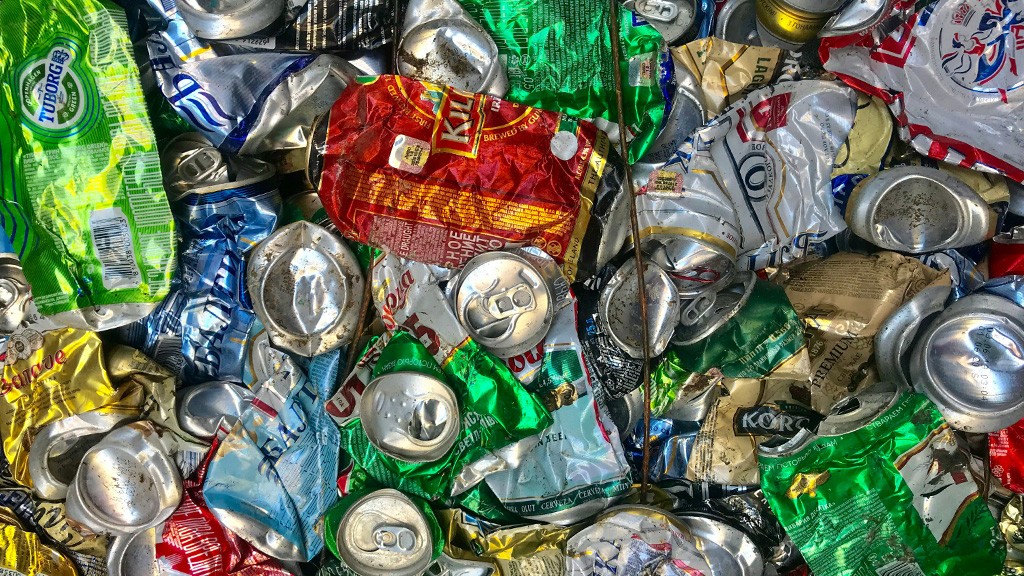Turbocharged Presona baler allows recyclers to replace two machines with one
Watch the VIDEO: New design concept using parallel processes and self-optimization creates cost-effective high capacity solution for recyclables
Sweden-based Presona has launched a completely new super high-capacity, self-optimizing baler design which the company says will reduce recycling costs while increasing operational efficiency, allowing recyclers to replace two balers with one.
The new MP 270 MH baler is the first Presona baler built using a new design concept that creates super-high capacity while being cost effective. This means that a single MP 270 MH baler can replace several smaller balers at a significantly lower cost.
"In practice, we have put a turbocharger on a baler. I think we are the first in the world to do that," says Stefan Ekström, CEO of Presona.
The secret to MP 270 MH's high performance is parallel processes and self-optimization. When the material that is to be compacted falls into the baler, its density is automatically measured and then the baler optimizes itself and proceeds to pre-compress the material to 200 kg / m3. The pre-compressed material is then moved to the main press which creates finished bales while new material is being pre-compressed.
"Being able to pre-compress and make finished bales at the same time means that the capacity will be much higher compared to other types of balers on the market. The pre-compression can be compared to a turbocharger - by increasing the density of the added material we get much higher output, ie more bales per hour. This means that the cost per bale will be lower," says Ekström.
The MP 270 MH's software for self-optimization ensures that the machine is always running optimally. This function also reduces the need for staff to set up and change the baler's programs. Less staff input decreases the risk of incorrect settings which can prevent the baler from being used to its full capacity.
"This design's super-high capacity means that it can replace several smaller balers at a significantly lower cost. The cost per baled tonne drops significantly when you use a MP 270 MH," says Ekström.


